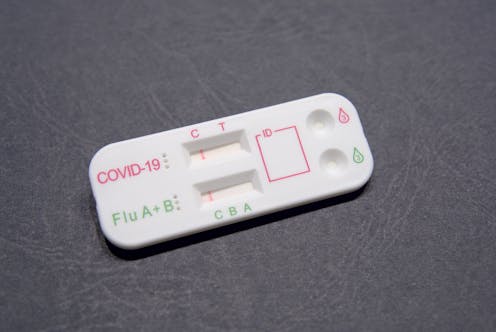
- Select a language for the TTS:
- UK English Female
- UK English Male
- US English Female
- US English Male
- Australian Female
- Australian Male
- Language selected: (auto detect) - EN
Play all audios:
More than 200 firefighters were deployed to tackle the blaze, which has already burned 500 hectares of land in Tenerife's Los Campeches, Los Realejos and San Juan de la Rambla areas.
According to the Canary Islands Government, the fire has an 11km perimeter and, although conditions are expected to improve, it remains "active and still not under control".
Regional President Ángel Víctor Torres told a press conference that temperatures have dropped, which is favourable, but humidity remains low. Tenerife's President, Pedro Martín, said
the decrease in wind in the area of the wildfire is helping firefighters control it, too. The mayor of Los Realejos, Adolfo González, said everything points to the fire being "of human
origin". READ MORE: MUM'S £400 HOMEBASE GARDEN FURNITURE BURSTS INTO FLAMES AND SETS HOUSE ALIGHT Spain has been battling multiple wildfires. Though one in the central province of
Zamora has been brought under control, according to the local government, two large wildfires are still out of control in the north-western region of Galicia. A fire in the Gredos mountain
range is also spreading east towards the Madrid region. Some 5,600 hectares (13,800 acres) of land have also been burnt in the north-eastern region of Aragon. Spain is estimated to have lost
almost 200,000 hectares of land to wildfires so far this year – 80,000 of them during last week's heatwave and the one that preceded it in June. Wildfires have raged elsewhere in
Europe too. In France, the southwestern Gironde region has seen some of the worst of the heatwave, which in combination with strong wind gusts sparked fierce blazes that erupted on July 12
and were only brought under control this week. French authorities deployed much of the country's fire-fighting capacity to curb the fires, and more than 34,000 people were forced from
their homes and summer vacation spots in the area. The heatwave also brought chaos to the UK, as a major incident was declared in 15 areas around the nation, while the fire service in the
capital had its busiest day since World War Two as it dealt with multiple blazes in record-breaking temperatures on Tuesday. DON'T MISS Tories panic party to be DESTROYED in Rishi v
Truss race [INISGHT] Kim's reign of terror EXPOSED: North Koreans dragged to death [VIDEO] Biden tests positive for Covid – fears for 79-year-old [REPORT] In Wennington, east London,
100 firefighters tackled a blaze which according to the London Fire Brigade (LFB) destroyed two rows of terraced houses, four other homes, 12 stables and five cars. Footage showed fields and
buildings engulfed in black smoke, and one firefighter at the scene described the incident as "absolute hell". London Mayor Sadiq Khan said the LFB received 2,600 calls on a day
that saw a record temperature of 40.3C (104.5F) in Coningsby, Lincolnshire. Meanwhile, 40.2C were recorded at Heathrow – 1.5C higher than the previous record of 38.7C in 2019 in Cambridge. A
study published in June in the journal _Environmental Research: Climate_ concluded it was highly probable that climate change was making heatwaves worse. Study co-author Ben Clarke, an
environmental scientist at the University of Oxford, said: "Pretty much all heatwaves across the world have been made more intense and more likely by climate change." In general, a
heatwave that previously had a one in 10 chance of occurring is now nearly three times as likely — and peaking at temperatures around 1C higher — than it would have been without climate
change, the researchers found. _Additional reporting by Maria Ortega_




:max_bytes(150000):strip_icc():focal(511x0:513x2)/ne-yo-1024-1-9093f151876546f4bb81d79dddd17a8b.jpg)

